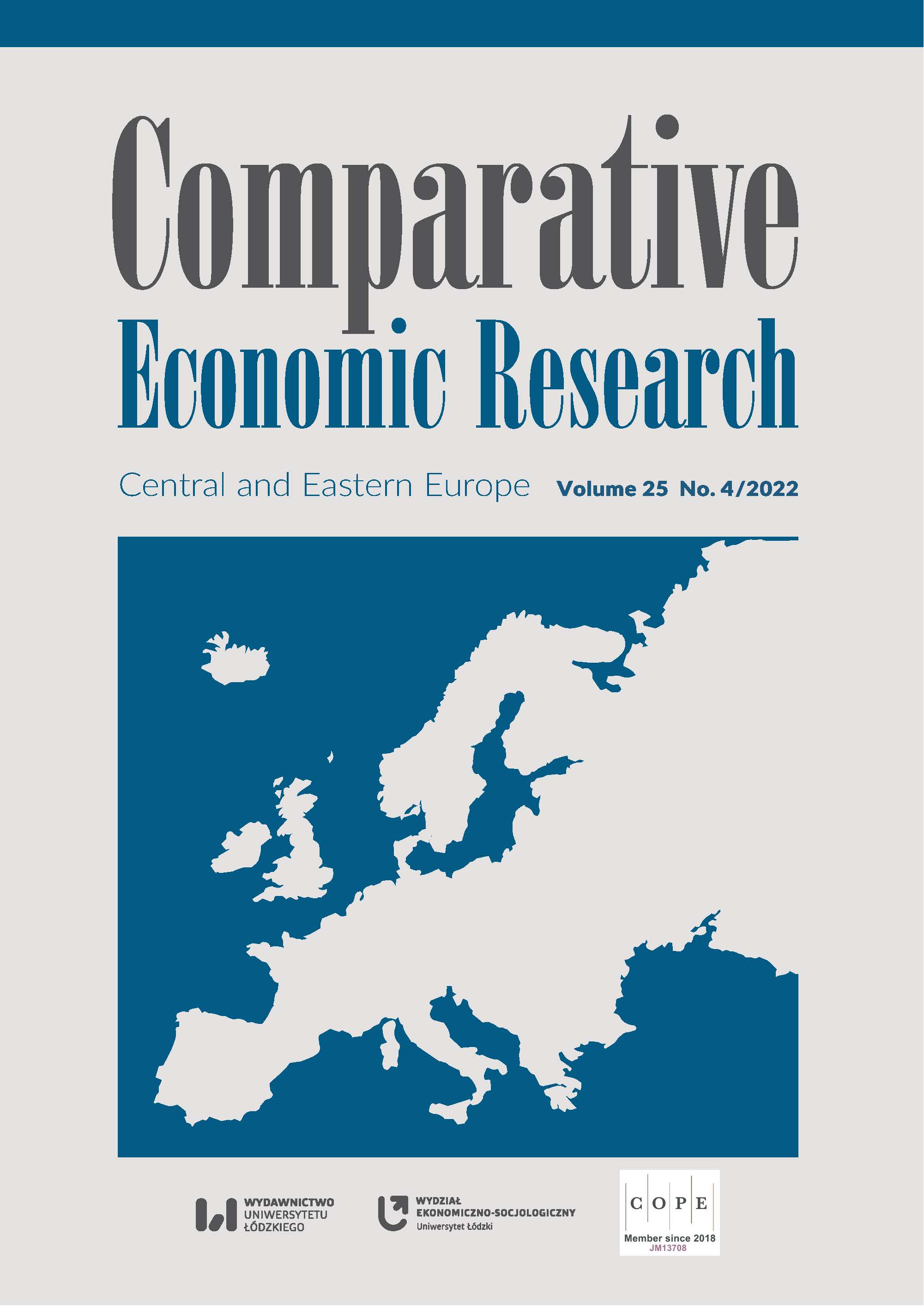Global Income Inequality – A Case Study of OECD Countries and Kazakhstan
Global Income Inequality – A Case Study of OECD Countries and Kazakhstan
Author(s): Seisembay Jumambayev, Almazhan Dzhulaeva, Sariya Baimukhanova, Guliya Ilyashova, Aidana DosmbekSubject(s): Economy, Supranational / Global Economy, Developing nations
Published by: Wydawnictwo Uniwersytetu Łódzkiego
Keywords: development; distribution; institutions; transition economy; wealth
Summary/Abstract: This article presents the results of a study into the features of the formation of economic inequality in Kazakhstan in the context of global trends in the country’s development. The methodological basis of the study was a comparative analysis of the former Soviet Union (FSU) and OECD countries in terms of economic development and inequality in the context of global changes and trends, implemented with the help of econometric and economic‑statistical methods. The study revealed a direct statistically significant (p < 0.05) correlation between the level of income concentration of the 10% group and the economic growth of Iceland (r = 0.67) and the Republic of Belarus (r = 0.65). In the case of the Republic of Kazakhstan, no such correlation was found. However, in Kazakhstan, the link between the 10% group’s income concentration and gross domestic product per capita has been established. The dynamics of GDP growth and the values of Kazakhstan’s population’s real money incomes have a stable inverse relationship. The correlation coefficient between them is r = –0.46, and the determination coefficient is R = 0.215, based on data from 2008 to 2020. This suggests that economic growth is still the most important factor that influences the population’s real income. The results of the study will be put into practice by familiarizing government officials with the developed proposals for enhancing the state’s policy of overcoming economic inequality and setting the stage for sustainable economic growth. In addition, the results of this study will be of interest to academic science, actualizing new directions for further research.
Journal: Comparative Economic Research. Central and Eastern Europe
- Issue Year: 25/2022
- Issue No: 4
- Page Range: 179-203
- Page Count: 25
- Language: English

